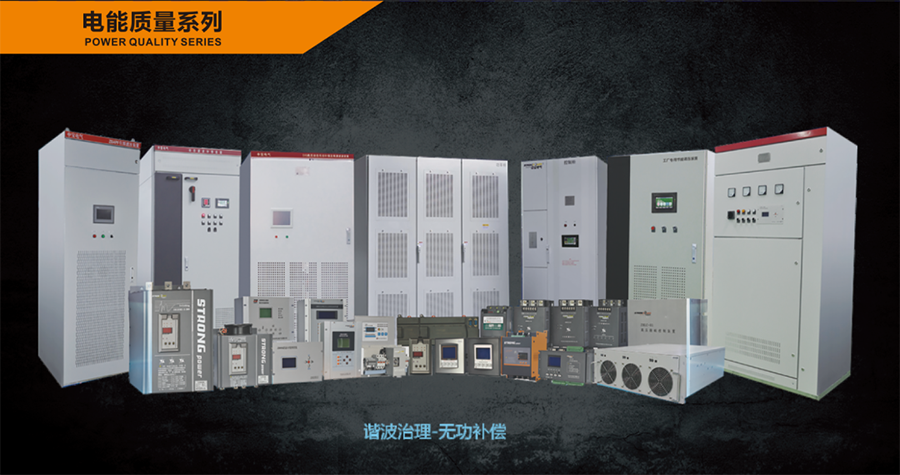Understanding Summer Power Quality Issues
As summer approaches, companies should be especially vigilant about potential power quality issues. Rising temperatures can impact the reliability and efficiency of power systems. Here are common problems and the importance of power quality assessments:
Equipment Overheating: High summer temperatures can cause electrical components such as transformers and capacitors to overheat, leading to inefficiencies or failures. This can disrupt operations and pose safety risks.
Increased Load on Power Systems: Air conditioning and cooling systems consume more energy in the summer, placing a higher load on power systems. This increased demand can cause voltage sags, fluctuations, and potential power outages.
Thunderstorms and Surges: Summer often brings more frequent thunderstorms, leading to power surges that can damage sensitive equipment and result in costly downtime.
Strained Utility Grids: High power demand during peak summer months can stress utility grids, resulting in brownouts or blackouts.
To address these challenges, power quality assessments are crucial. Analyzing the power system’s ability to handle increased loads and identifying potential causes of power quality issues can help mitigate risks.

Benefits of Conducting a Comprehensive Power Quality Assessment:
Ensure Equipment Efficiency and Longevity: Reduce the risk of overheating and overloading, ensuring your equipment operates efficiently and lasts longer.
Improve System Reliability: Prepare your system to handle peak summer loads without interruption.
Prevent Surges and Electrical Noise: Protect sensitive equipment from damage caused by surges and electrical noise.
Summer is the peak season for electricity use, making it critical to ensure your power system is robust, efficient, and stable. Investing in a power quality assessment can help you avoid unplanned downtime and maintain operational continuity, ultimately saving costs and improving safety.



